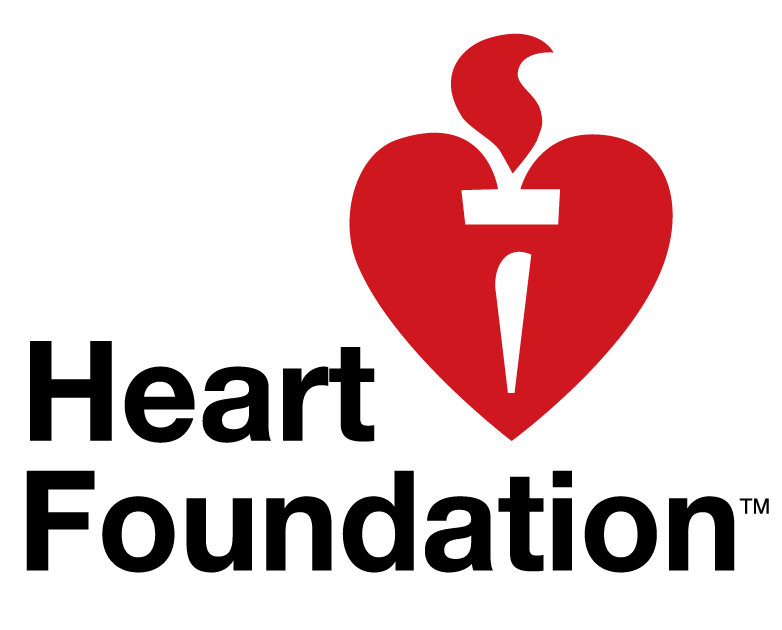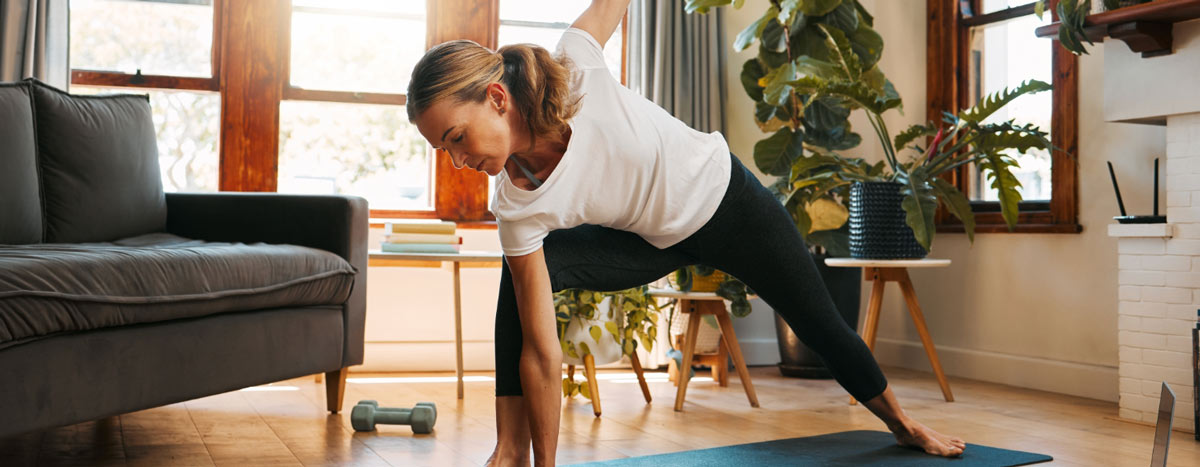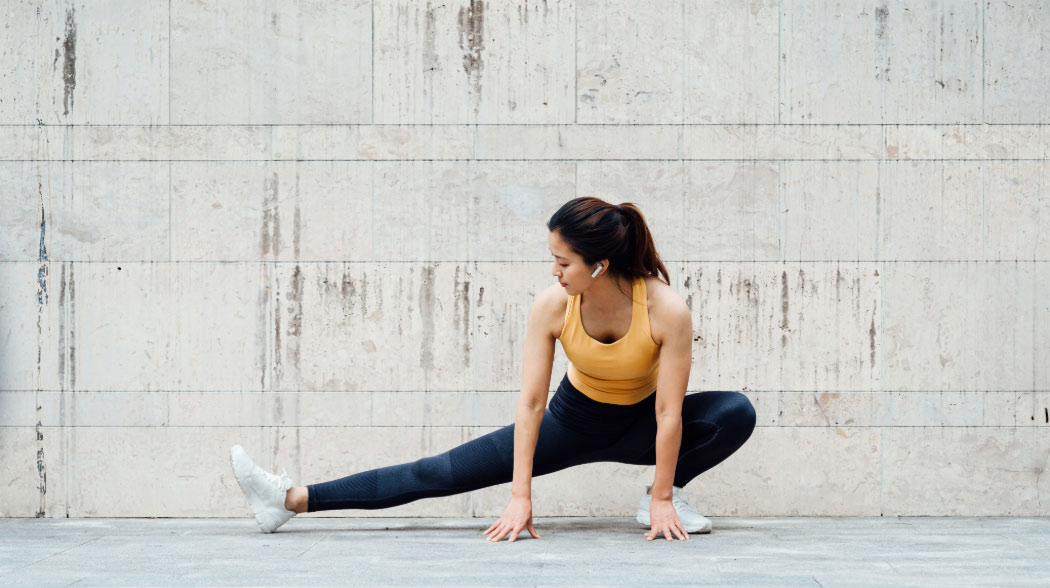Whether you're just starting out or returning after a break, increasing your activity levels can seem overwhelming. However, there are some small things we can do to make it easier and more manageable.
Here are five top tips from the Heart Foundation to get you started.
-
Start slowly and build up gradually
Starting off small and building consistency into your activity schedule can lead to big rewards.
If you haven't been active for some time, start with small amounts of light activity and gradually increase the number of days and/or the length of time you're active. Over time you'll be surprised at how quickly your body gets used to physical activity.
For example, try a 10-minute walk or jog around the block, then slowly increase your time, distance, or intensity each week or add in hills to make it harder. Even short bouts of exercise of 5 to 10 minutes can make a difference when done consistently. Remember, it's about progress, not perfection.
-
Listen to your body
Your body is your best guide. As you become more active, pay close attention to how you feel both during workouts and afterwards. Mild soreness or a light sweat is normal, but chest pain, dizziness, or shortness of breath are signs to stop and consult your doctor.
If you have a health condition you should talk to your health professional, or an exercise specialist (e.g. personal trainer) before starting a new routine. Self-awareness and knowing your limits helps to prevent injury. Some light stretching both before and after activity can be great to help support the muscles to warm up or cool down, improve flexibility and reduce the risk of injury.
-
Choose activities you enjoy
The best exercise is the one you enjoy and will keep doing on a consistent basis. The other important thing to remember is that many activities we do throughout the day all count to our activity quota. The Heart Foundation recommends at least 2.5 hours (150 minutes) of moderate-intensity physical activity each week or you can try to do 75 minutes of vigorous-intensity physical activity each week. If you do more physical activity than this, it's even better for your heart health.
150 minutes of moderate-intensity physical activity should make you breathe harder than normal and could be activities like dancing, walking, climbing stairs. Household chores such as gardening, mowing the lawns and vacuuming all count also.
75 minutes of vigorous intensity physical activity is the sort of activity where it’s hard to say more than a few words. This could include a 20-minute run on four days of the week, a 40-minute exercise class on two days of the week.
-
Track and reward progress
Consider using a fitness tracker or smartwatch with a heart rate monitor. It can give you real-time feedback, help set targets and track your heart rate zones to make sure you're working out safely. Connecting and engaging with friends and family who are also using a similar app can be a great way of supporting and encouraging others.
If you’re not into fitness apps, then simply logging your activity in a journal or on a spreadsheet can help you stay motivated and proud of your journey.
Celebrate your wins, no matter how small. Celebrating success reinforces positive habits and keeps your mindset strong.
-
Make it part of your lifestyle
The goal isn’t just to work out for a few weeks, it’s to build a lifelong habit. That means integrating activity into your daily routine in ways that feel natural and enjoyable.
Tips to make exercise a habit:
- Schedule activity into your outlook calendar like a meeting.
- Find a buddy or group that are into the same types of activity.
- Keep it varied to avoid boredom.
Sustainable change happens through consistency and routine. When activity becomes part of your lifestyle, your heart gets the long-term benefits.Remember that if you are struggling for motivation, then sometimes just putting your shoes on can be that first key step to tell your brain, “Alright, we’re doing this.” It’s like the first micro-win or vital step you need to propel yourself forward.
Final thoughts
Beginning a journey to become more active doesn’t require fancy gear or marathon-level endurance. What it does require is commitment, patience, and being kind to yourself. When it comes to activity, every step counts and brings you closer to a stronger, healthier heart. Remember, it's not about being perfect - it's about building healthy habits and a longer-term approach to being active.

Brought to you by AIA Vitality partner Heart Foundation.
The Heart Foundation is New Zealand’s heart charity, leading the fight against our country’s single biggest killer – heart disease. They rely on the generosity and goodwill of people like you to support their work.
AIA Vitality members can donate active rewards to Heart Foundation. Learn more here.







